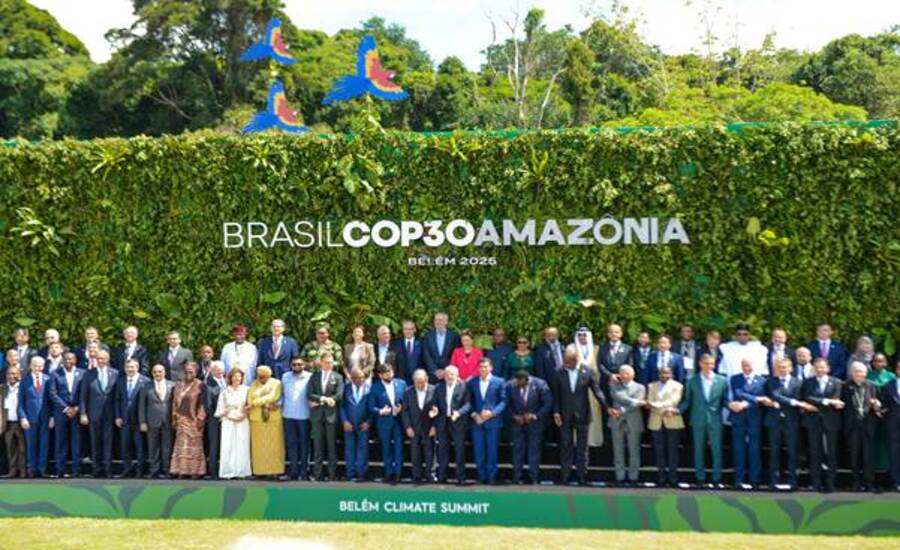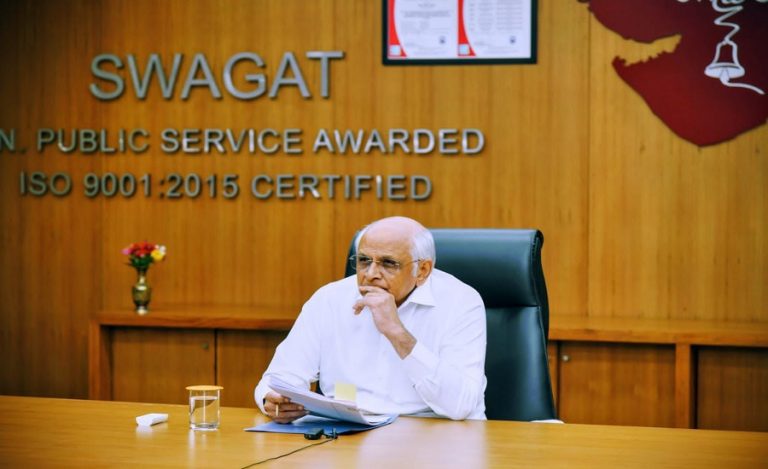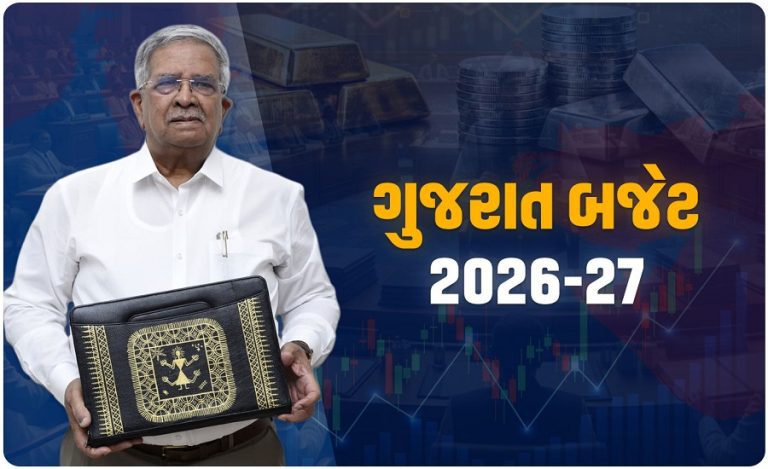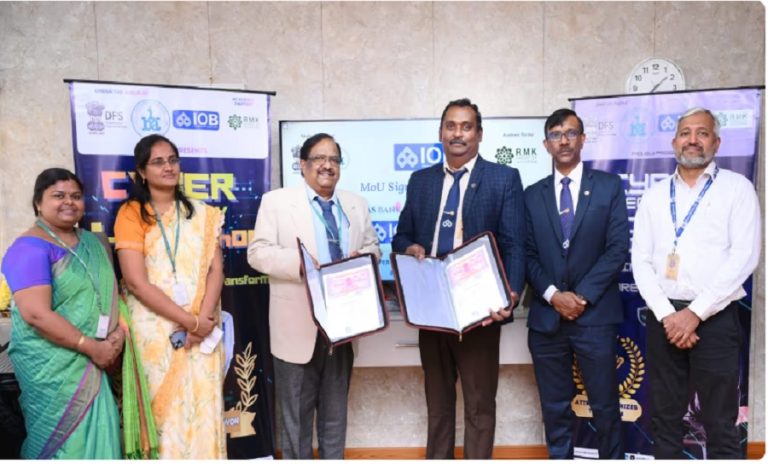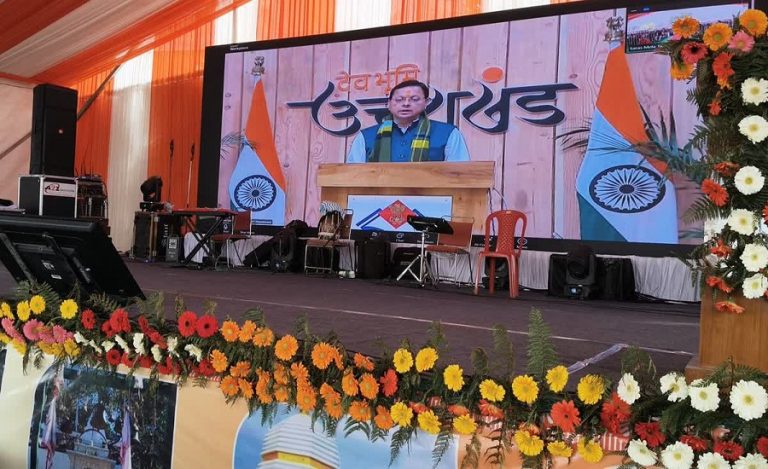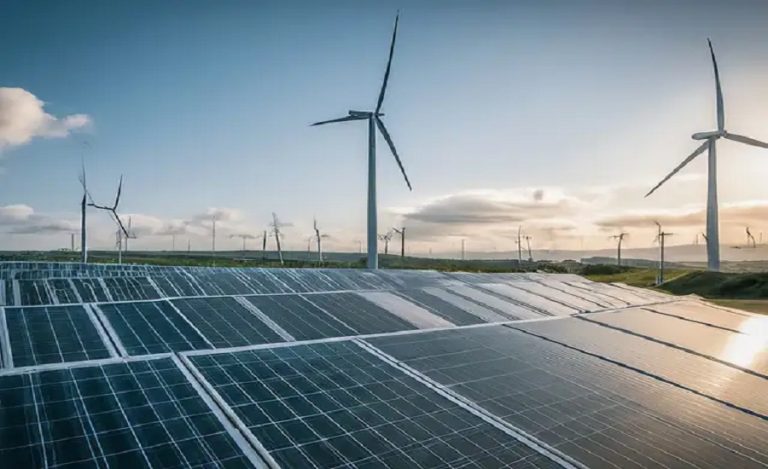Belém: At the COP30 Leaders’ Summit in Belém, Brazil, Belém, the Indian delegation made a strong statement on climate action. India reaffirmed its commitment to fair and equitable climate measures and called on developed nations to accelerate their emissions cuts and deliver promised climate support. The country also welcomed Brazil’s new forest conservation initiative and joined it as an observer.
Background of the Story
The summit marks a milestone and ten years after the Paris Agreement, parties meet to take stock of global climate efforts. India’s statement at COP30 recalls the legacy of the 1992 Rio Earth Summit, which introduced the principle of common but differentiated responsibilities (CBDR-RC).
According to the Indian government, this principle must continue to guide global climate action.
India emphasized that while it has achieved significant progress domestically, the global ambition remains inadequate. Developed nations must now deliver on their commitments to finance, technology and capacity-building for developing countries.
India’s Key Climate Achievements Highlighted
- Between 2005 and 2020, India reduced its emission intensity of GDP by 36%.
- Non-fossil power now accounts for over 50% of India’s installed capacity, enabling the country to reach its revised Nationally Determined Contribution (NDC) target five years ahead of schedule.
- India has created an additional carbon sink of 2.29 billion tonnes of CO₂ equivalent between 2005 and 2021 through expansion of forest and tree cover.
- India is now the third-largest producer of renewable energy in the world with nearly 200 GW of installed renewable capacity.
India’s Message to Developed Nations at COP30 Summit
In its statement, India laid out clear demands:
- Developed countries must accelerate emission reductions and not simply rely on long-term targets.
- The promised climate finance must be adequate, predictable and concessional, enabling developing countries to implement ambitious climate actions.
- Technology transfer and capacity building remain essential enablers for achieving climate goals globally.
- Implementation of policies, strengthening resilience, and shared responsibility based on mutual trust must now define the next decade of climate action—not just setting targets.
India Joins Brazil’s Forest-Fund Initiative as Observer
- India welcomed the launch of the Tropical Forests Forever Facility (TFFF) by Brazil, and announced that it will join the facility as an observer.
- TFFF is designed as a blended-finance mechanism to reward countries that protect and expand tropical forests—with an ambition to mobilise up to USD 125 billion.
- By joining as an observer, India signals its willingness to support global forest conservation efforts while maintaining its own development path.
About the Official: Ambassador Dinesh Bhatia
India’s national statement at COP30 was delivered by Dinesh Bhatia — Ambassador of India to Brazil. He reinforced India’s position of equity, fairness and multilateral cooperation in climate matters.
Ambassador Bhatia emphasised that while India has made strong progress domestically, global support and ambition remain critical to the success of climate action. He also highlighted India’s readiness to collaborate with other nations in inclusive and fair pathways.
Importance of India in COP30 Summit
1. Global Equity: India’s insistence on CBDR-RC principles underscores the continued importance of balancing climate action with development needs—especially for emerging economies.
2. Forest Conservation: Participating in TFFF helps elevate forest preservation from regional to global climate strategy – and India’s involvement adds weight to the mechanism.
3. Implementation Focused: The shift from “targets” to “action, resilience and fairness” is notable—recognising that many nations have made commitments but struggle with delivery.
4. Signal to Developed Nations: India’s public call acts as a reminder that while developing countries are stepping up, they cannot close the gap alone without support.
What’s Next?
- As COP30 proceeds (10-21 November 2025 in Belém), India and other countries will negotiate key issues such as climate finance, technology transfer, forest protection, updated NDCs, and implementation mechanisms.
- The TFFF will require formal operationalisation—defining governance, monitoring, funding flows and involvement of Indigenous and local communities.
- India may submit an updated NDC (Nationally Determined Contribution) during or at COP30—awaiting official confirmation.

